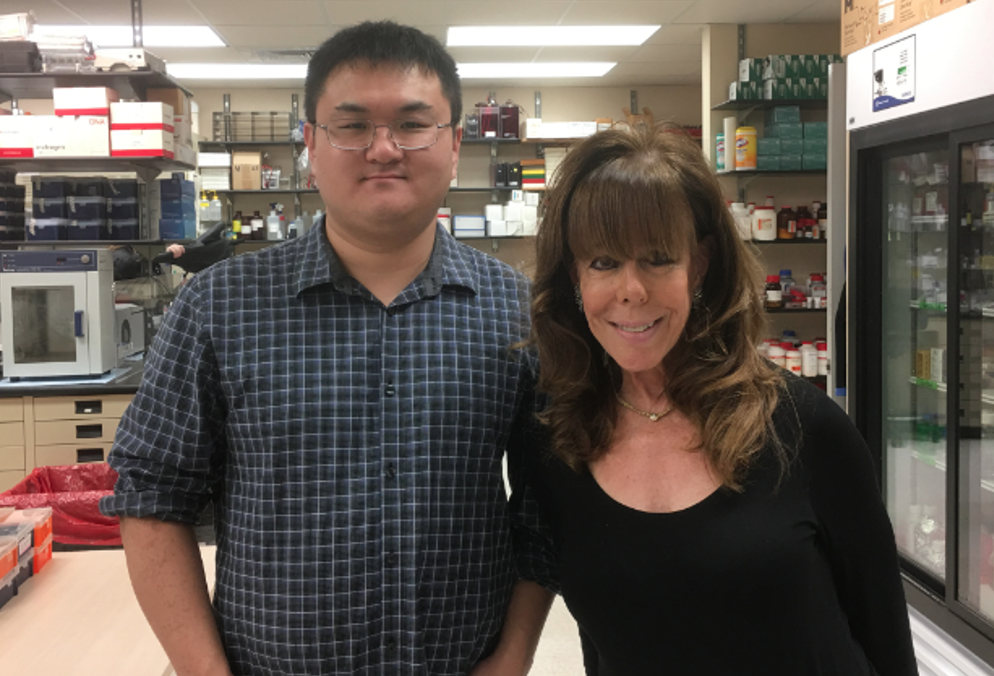Autophagy is a Novel Therapeutic Target of Impaired Cognition in Fragile X Syndrome

Suzanne Zukin, PhD
Principal Investigator
Jingqi Yan, PhD
FRAXA Fellow
Albert Einstein College of Medicine
New York, NY
2017-2018 Grant Funding: $90,000
Summary
Dr. Suzanne Zukin, at Albert Einstein College of Medicine, is expert on signaling pathways in the brain and synaptic plasticity. With this 2017-2018 grant of $90,000 from FRAXA Research Foundation, she and her team explored autophagy, which is how cells clean house, in Fragile X.
Results published.
The Results
Activation of autophagy rescues synaptic and cognitive deficits in fragile X mice published in Proc Natl Acad Sci. 2018 Oct 9
The Science
Autophagy is a natural process of programmed degradation and recycling of components of cells. It’s the cells’ system of cleaning house. In Fragile X syndrome, autophagy seems to be underactive.
Dr. Zukin and colleagues have previously studied a particular “master regulator” protein, the mammalian target of rapamycin complex 1 (mTORC1), and found that it is overactivated in the hippocampus of Fragile X mice. Too much mTORC1 leads to too little of the cleanup system (‘autophagy’) and therefore too much of many other proteins.
With this grant the Zukin team examined whether impaired autophagy causes impaired learning in Fragile X mice. They also investigated whether it can explain the differences seen in the structure of spine-like protrusions on dendrites (connections between neurons), which in Fragile X appear immature. Then they will look for novel therapeutic strategies that target the autophagy pathway to rescue autophagy and learning in Fragile X mice.
They found that activation of autophagy corrects PSD-95 and Arc abundance, identifying a potential mechanism by which impaired autophagy is causally related to the Fragile X phenotype and revealing a previously unappreciated role for autophagy in the synaptic and cognitive deficits associated with Fragile X syndrome.

